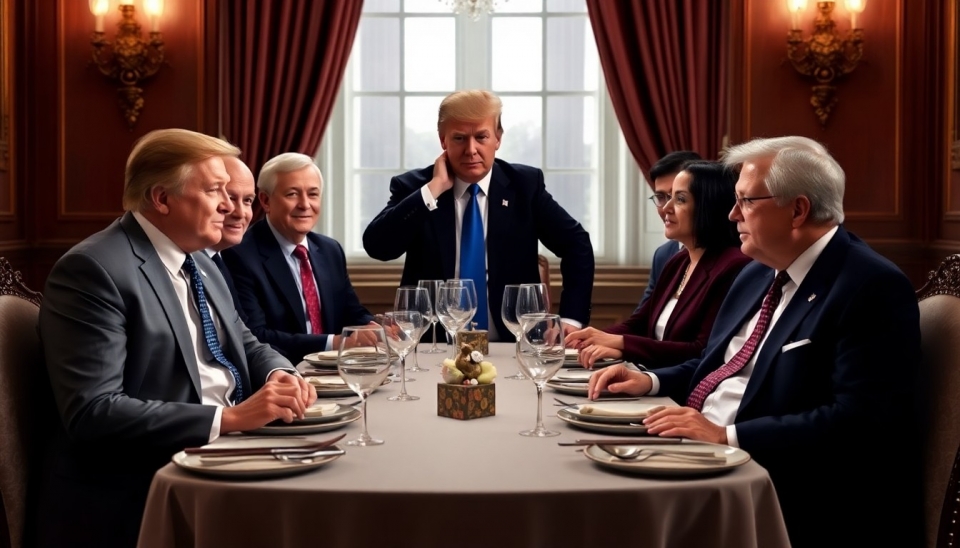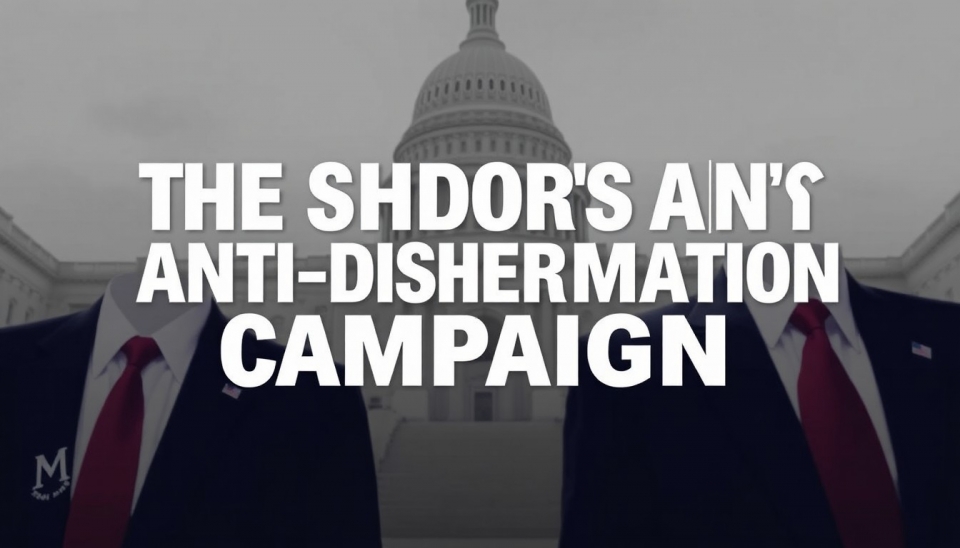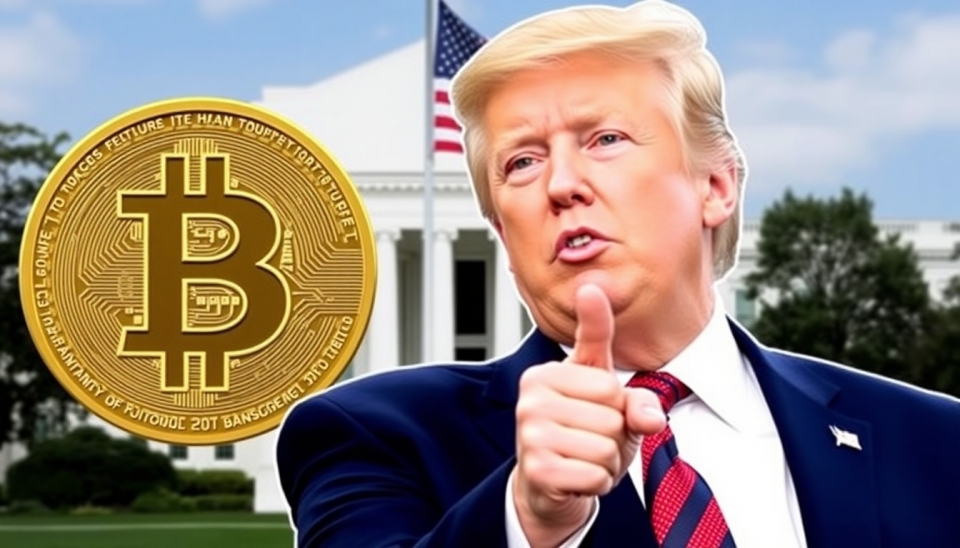
In an intricate landscape of international relations, former President Donald Trump is embroiled in a diminishing technology conflict with China. The stakes are high, as the United States grapples with maintaining its technological supremacy amid rapidly advancing competition from China. This confrontation is not merely about economic power—it encapsulates national security, intellectual property, and the future of technological innovation that will shape global dynamics.
Trump's administration, during its tenure, instituted numerous policies aimed at curbing China’s technological rise. These included imposing tariffs, blocking Chinese communications firms from the U.S. market, and conducting investigations into various tech giants for alleged intellectual property theft. However, despite these efforts, the reality stands stark: the measures have not succeeded in reversing China's momentum in the tech sector.
China continues to invest heavily in its technology industries, nurtured by governmental support and an aggressive push towards innovation. Companies such as Huawei and TikTok have emerged as formidable players on the world stage, pioneering advancements in 5G technology and social media engagement. The U.S., on the other hand, struggles to counterbalance this surge, facing its own internal challenges, including regulatory hurdles, political divides, and a general decline in investment in critical tech sectors.
The geopolitical implications are staggering. As China cements its position, the United States risks losing not only economic standing but also its leadership role in global technological governance. National security advisories are increasingly urgent, as technological dependencies raise the specter of cyber threats and data privacy concerns. Without a cohesive strategy that prioritizes innovation and collaboration both nationally and internationally, the U.S. finds itself at a critical juncture.
Analysts suggest that a shift in approach is paramount. Instead of a confrontational stance, there calls for a renewed focus on fostering domestic technological development, encouraging collaboration with allies, and embracing a multilayered strategy that can leverage global partnerships. By doing so, Washington could potentially spearhead a revitalized tech landscape that emphasizes shared standards and values while maintaining a competitive edge against China.
As the U.S. endeavors to navigate this complex conflict, it becomes clear that addressing the multifaceted nature of technology and international relations will be vital. The continued evolution of tech diplomacy will play a defining role in determining both countries' futures—an intricate balance between competition and cooperation that may ultimately shape the dynamics of the global economy.
In summary, Trump’s tech war against China may be perceived as a grandstanding effort, but the existential challenges posed by China's rapid technological strides mean that a more strategic and nuanced approach is urgently needed. The outcome of this confrontation will not only affect the U.S. and China but could ripple throughout the international system, influencing everything from trade policies to global security frameworks.
In the fast-paced world of technology, merely keeping pace is no longer sufficient. As nations adjust their strategies, the U.S. must learn to adapt and innovate quickly to reclaim its position at the forefront of technological advancement.
#Trump #China #TechnologyWar #USChinaRelations #Innovation #GlobalEconomy #TechPolicy #Cybersecurity
Author: Emily Collins




